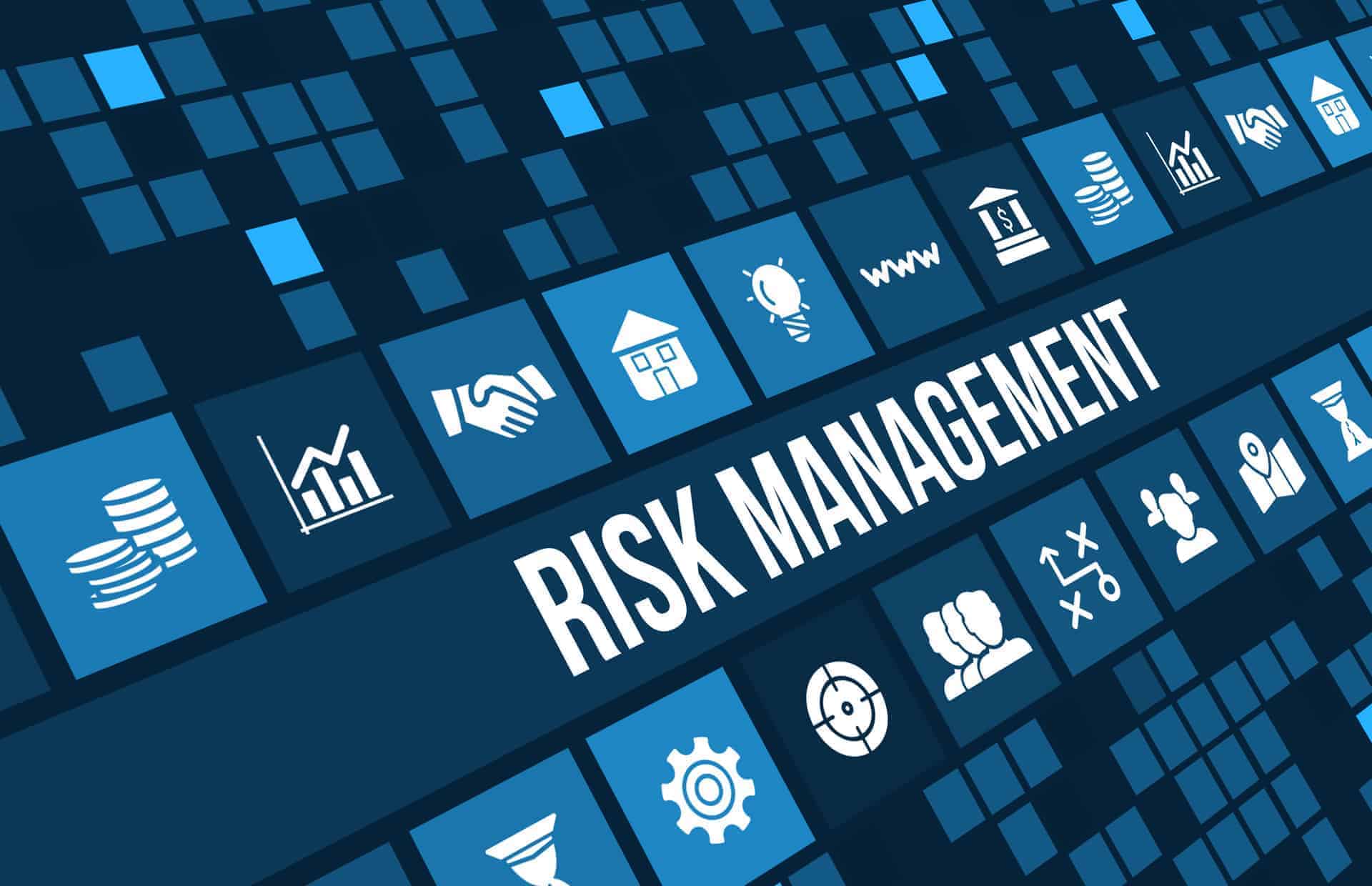Though it’s nothing new when we consider the history of pandemics and infectious outbreaks on a global scale, in some ways the novel Coronavirus is pushing businesses into new territory. The quick and pervasive spread of this contagion has people worried on a personal level and has organizations concerned about an entire range of enterprise risk.
How the Recent Coronavirus Outbreak is Affecting Global Business
COVID-19 is now a topic of global unease that is causing havoc for the healthcare field and a wide range of industries beyond it. The serious respiratory illness quickly spread from Wuhan, China to South Korea, Italy, Iran and the United States. Cases of the virus have now been confirmed in nearly every country around the globe.
Learn more about Cybersecurity Challenges Related to the COVID-19 Pandemic.
Containment Efforts
To contain the deadly outbreak of disease, entire countries are on lockdown, cities, and families are in voluntary isolation, and individuals are being quarantined. To prevent the spread of illness, borders have closed, restrictions and travel bans are in place, schools, universities, and offices are closed or preparing to close, and events have been canceled.
For example, the 2020 HIMSS Global Health Conference & Exhibition was canceled last week based on recommendations by the CDC and the World Health Organization. Instead, HIMSS decided to organize a digital version of the Global Health Conference called HIMSS20.
“All employers need to consider how best to decrease the spread of acute respiratory illness and lower the impact of 2019-nCoV in their workplace in the event of an outbreak in the US. They should identify and communicate their objectives, which may include one or more of the following: (a) reducing transmission among staff, (b) protecting people who are at higher risk for adverse health complications, (c) maintaining business operations, and (d) minimizing adverse effects on other entities in their supply chains.”
Businesses are encouraged to participate in these containment efforts. They should encourage sick employees not to come into the office and provide flexible policies that allow staff to go home if they feel ill or need to take care of family members. They should also underline the importance of proper hand washing and hygiene, while increasing the cleaning and sanitization measures around the workplace.
Before traveling for business reasons, employees should refer to the CDC’s Traveler’s Health Notices for the latest guidelines. Employees should also review the company’s policies about seeking medical treatment while traveling for work and working abroad.
Supervisors should keep track of employees who have sick family members or may have been exposed to COVID-19, conducting a risk assessment and informing other employees of elevated risk when necessary.
Pandemic Planning
As news outlets begin to label this latest healthcare emergency a pandemic, businesses are encouraged to begin putting their pandemic plans in place, if they haven’t already started the process. In order to prepare for a pandemic scenario, organizations should review their continuity plan and related risk management guidelines.
Pandemic response procedures should be updated and tested to ensure that they meet the current requirements and expected challenges. Planning and preparing for pandemic outbreak are crucial to mitigating the risk to your organization and the limiting impact of this type of global health problem.
Leveraging Telecommuting to Keep Business Activities on Track
In order to safeguard their workforce as much as possible, many companies are making arrangements to have employees work remotely. To do this effectively, it’s important to:
- Verify the software, hardware, and communication tools available to make telecommuting possible for employees,
- Compile necessary contact information and resources to maintain productivity at a distance,
- Arrange virtual meeting times to help keep everyone up to date.
Auditing & Compliance Activities Don’t Have to Be Put on Hold
I.S. Partners staff can work with your employees while they are telecommuting and waiting for the outbreak to pass. We can carry out IT assurance and cybersecurity processes even when your internal staff isn’t on-site.
Check out this video to get more information about the main advantages of remote IT security assessments and compliance attestations.
Remote Solutions for HITRUST Assessments
As the Coronavirus outbreak continues to spread and affect people in so many areas around the country and world, HITRUST has allowed more flexibility when it comes to assessments. A temporary Waiver of On-Site Requirement for Validated Assessments was released in early March 2020 and made effective immediately.
This new waiver makes it possible for assessors to perform some procedures remotely. Certified external HITRUST assessors are encouraged to work with entities to adjust travel plans related to assessments as needed. With the understanding that HITRUST validated assessments are performed around the U.S. and internationally, ulterior flexibility will help assessors leverage alternative solutions to required in-person or on-site fieldwork. Assessors, like I.S. Partners, can now perform walkthroughs and verification procedures virtually via video conference for clients anywhere.
Remote Solutions for PCI DSS Assessments
The QSA Qualification Requirements also allow for remote validation when on-site observation is not possible. Updates regarding extensions and assessment activities related to the Coronavirus outbreak will be posted by the PCI SSC.
Virtual Solutions for Virtually Any Challenge
I.S. Partners, LLC. has always valued remote capabilities when it comes to assisting organizations world-wide with auditing and compliance programs. Our team is already set up to handle critical situations and provide a full range of services seamlessly and virtually.
WFH SOC Audits
It is possible to keep SOC auditing activities on track even when your workforce is working from home. It’s important to first put the proper security measures in place and develop a Remote Work Policy. Get tips on how to adapt SOC activities to a WFH setup and how I.S. Partners can help.
Find out more about the Remote Auditing Solutions offered by I.S. Partners.
For more information, visit our webpages about Pandemic Planning Services for businesses and our trusted Virtual CISO offering or contact our offices today at 215-675-1400 and through the internet contact form.




